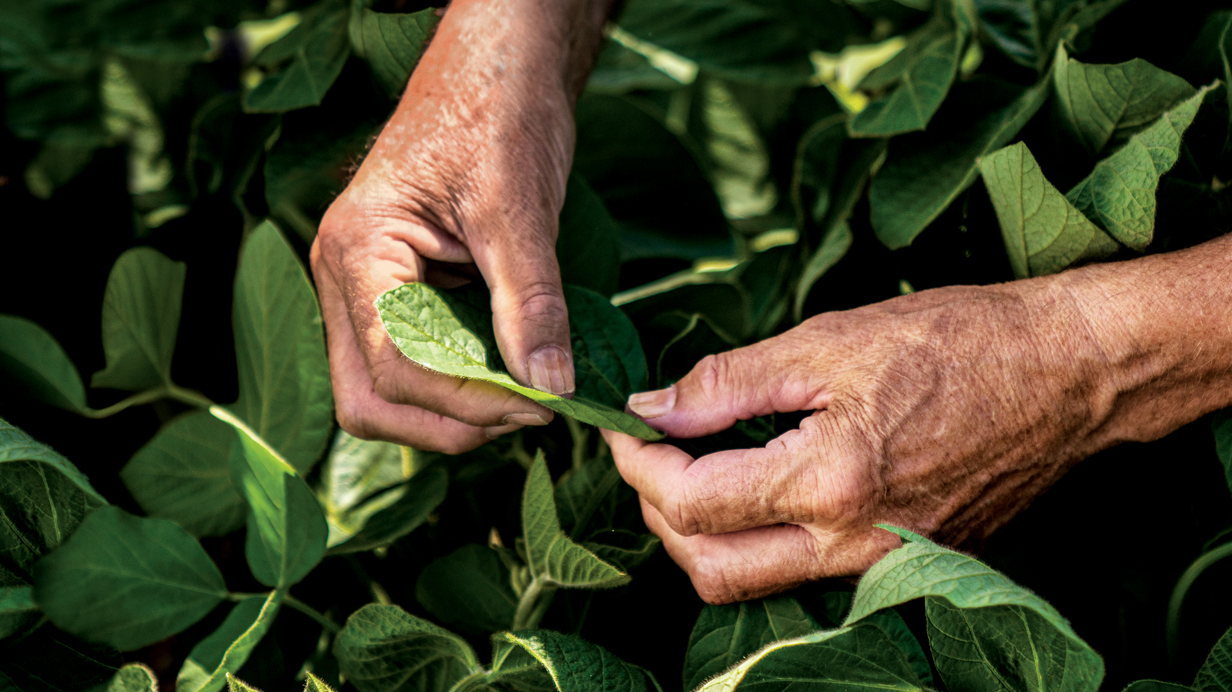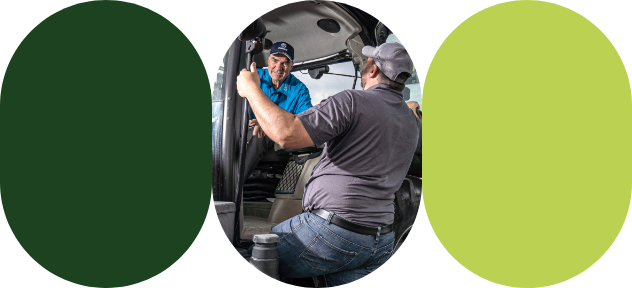Adapting seeds to each regions
Here at Sollio Agriculture’s research farm, we leave nothing to chance. It takes several years of research and field work all over the country to get a product to your field. Our team even bakes bread and hand makes certain crop varieties. It’s that kind of attention to detail and commitment to sustainable innovation that ultimately helps farmers improve their yields.
With climate change having more and more of an impact on our fields and in the spirit of sustainable development, it’s important to produce seeds that are adapted to local conditions. That’s why Sollio Agriculture seed varieties are developed and tested on nearly 90,000 land plots in different regions of the country.
The Sollio Agriculture research farm in Saint-Hyacinthe accounts for about 100 hectares of our testing land. Many tests are also done at our satellite sites in Ontario and Western Canada.
“For cereals like oat, the plant does not react in the same way in Montérégie than in eastern Québec,” explains Sollio Agriculture breeder and researcher Valérie Chabot. “That’s the reason we conduct so many tests, so that our seeds will be adapted to the place where they’ll be planted.
“For example, it’s difficult to tell if a variety will have good standability if we only test it in a place where it will never reach its full height,” she adds.
Putting yield first
Since seeds react differently to different regions, our research farm experts need to know which conditions will result in the best yields.
There’s a joke in the industry that goes, ‘the five things a breeder has to check are yield, yield, yield, yield and yield!' That’s why we develop crops that are perfectly suited to the local climate.
Beyond yield, specialists observe different criteria when developing a seed:
Tolerance to local diseases;
Plant height;
Appearance;
Stress resistance;
Feed quality.
All this research is what enables Sollio Agriculture to develop high-performance varieties that are perfectly suited to your region.
Find out which varieties will produce the best yields for you!


